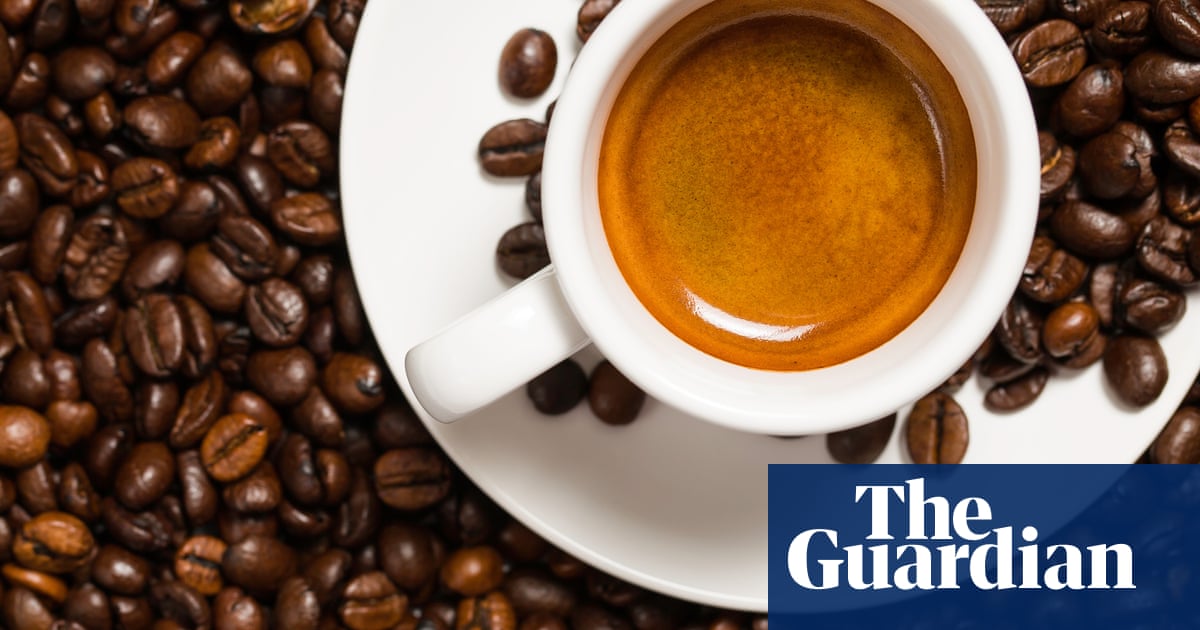Cancer purchasers are snubbing tried and examined therapies in favour of quackery equivalent to espresso injections and uncooked juice food regimen regimens amidst an “alarming” increase in false data on-line, physicians have truly acknowledged.
Some have been passing away unnecessarily or seeing tumors unfold out consequently, oncologists acknowledged. They elevated their points on the globe’s greatest most cancers cells seminar in Chicago, the yearly convention of the American Society of Clinical Oncology (Asco).
Dr Fumiko Chino, a most cancers cells scientist and aide trainer at MD Anderson Cancer Centre in Houston, Texas, co-authored a paper offered in Chicago that acknowledged most cancers cells false data had “acutely worsened in the past decade”.
With much more people being detected amidst an increasing and maturing worldwide populace, deceiving or incorrect data regarding most cancers cells had truly ended up being a considerable public wellness situation, the analysis acknowledged.
While a number of folks relied on physicians, the paper positioned, majority of these evaluated acknowledged specialists appeared to oppose one another. One in 20 had no depend on researchers to offer most cancers cells data. “We’re losing the battle for communication. We need to regain that battlefield,” Chino acknowledged.
Dr Julie Gralow, Asco’s major medical policeman, acknowledged: “Several patients of mine wanted an all-natural treatment approach after I had explained my treatment recommendations. They go online and search for something natural and they find a clinic in Mexico which promises an all natural treatment for cancer, which includes caffeine colonics, vitamin C infusions and other things.”
Instead of abuse purchasers for avoiding surgical process, radiotherapy or radiation therapy, Gralow acknowledged she tried to win their belief fund by nonetheless utilizing help.
“In several cases, they came back after three months and didn’t feel any better. And then they stayed in our clinic and eventually we could gently ease them into more evidence-based treatments,” she acknowledged. “A few times, they didn’t come back. And then I would learn within nine months they tragically had died.”
Liz O’Riordan, a retired bust physician that was detected with bust most cancers cells, shares evidence-based data along with her numerous followers on social networks.
She acknowledged: “There is a huge amount of cancer misinformation online. Every day I get messages from scared women who want to know if they need to stop eating dairy, soy, flaxseeds. Do they need to stop wearing underwired bras, using deodorants? Is it true that juicing can cure cancer? What about miracle supplement cures like mushrooms and CBD?”
O’Riordan needs much more physicians to contain with purchasers on-line. “But this is hard as it takes a lot of time to script, film, edit and publish content as well as the effort needed to grow a community to get your voice heard above the noise … And when you don’t have a million followers, it’s impossible to get traction,” she acknowledged.
“What we’re saying isn’t sexy or exciting – we can’t promise a cure. The drugs we give have side-effects and some people still die.”
Speaking at Asco, Dr Richard Simcock, the first medical policeman of Macmillan Cancer Support, acknowledged false data was “very worrying” because it had “exponentially increased the problem” of mistaken beliefs regarding most cancers cells.
“I have recently seen two young women who have declined all proven medical treatments for cancer and are instead pursuing unproven and radical diets, promoted on social media,” he acknowledged.
“A person is perfectly entitled to decline that therapy but when they do that on the basis of information which is frankly untrue or badly interpreted, it makes me very sad. It’s clear that we have work to do to build back trust in evidence-based medicine.”
Prof Stephen Powis, the nationwide medical supervisor of NHS England, acknowledged: “Social media can present a supportive neighborhood for folks confronted with a most cancers prognosis however on the identical time, we’re additionally seeing an alarmingly excessive degree of misinformation on a few of these platforms.
“I would urge people to be sceptical of any ‘miracle cures’ you may see on social media around cancer and use trusted, credible sources like the NHS website or your care team to verify anything you are unsure of – because these fairytales aren’t just misleading, they can be harmful.”






